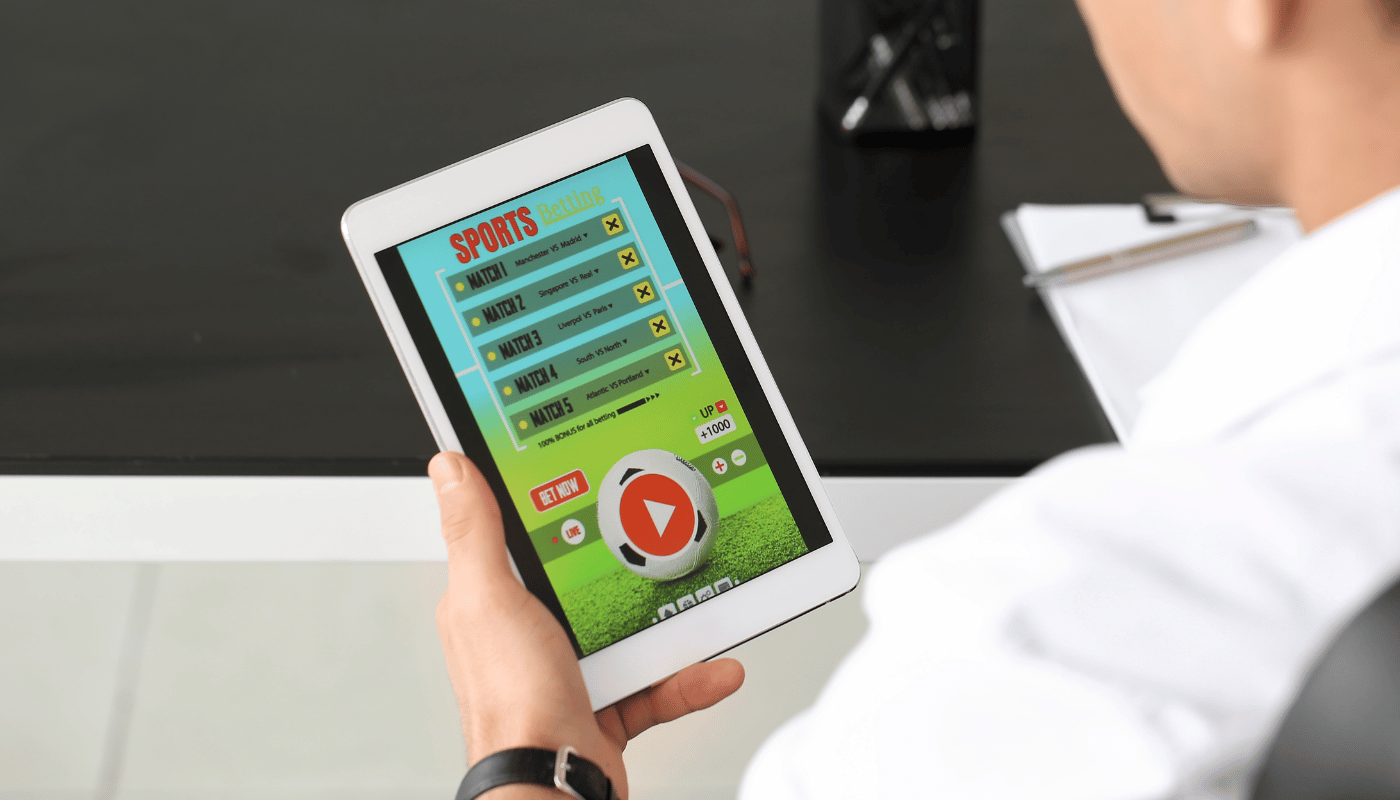A concussion is a type of mild traumatic brain injury that can have a significant impact on cognitive and physical functions. While many concussions are considered mild and resolve with time, some may lead to more serious complications requiring medical imaging for accurate diagnosis. In certain cases, healthcare professionals recommend imaging studies like MRIs to get a clearer view of the brain’s condition and identify any hidden injuries or complications. This brings up the question: when should I get an MRI after a concussion?
Understanding the timing and circumstances in which an MRI is necessary can help individuals and caregivers make informed decisions about post-concussion care. In this article, we’ll explore the role of MRIs in concussion assessment, including the differences between CT scans and MRIs, the indications for MRI use, and what potential findings might reveal. Knowing when imaging is appropriate is a vital part of ensuring a safe recovery from a concussion.
Understanding Concussions and Their Symptoms
A concussion is a form of mild traumatic brain injury (TBI) that occurs when a sudden impact or jolt to the head or body causes the brain to shift rapidly within the skull. This movement can damage brain cells and alter the way the brain functions, leading to various physical, cognitive, and emotional symptoms. Although concussions are often associated with sports injuries, they can happen in many situations, such as car accidents, falls, or any activity involving impact to the head.
Common symptoms of a concussion can vary widely from person to person and may appear immediately or develop gradually. Physical symptoms often include headaches, dizziness, and sensitivity to light or noise. Cognitive symptoms, such as confusion, difficulty concentrating, and memory problems, can make it challenging to perform regular activities. Emotional symptoms, like irritability or sadness, are also frequently reported. In some cases, these symptoms might persist for days, weeks, or even longer, affecting daily functioning and quality of life.
Recognizing these symptoms early and understanding their potential impact is essential for managing a concussion properly. In certain cases, these symptoms may indicate a need for further evaluation, leading individuals to ask questions like, when should I get an MRI after a concussion? Imaging, particularly MRIs, can help assess the severity of the injury and rule out other possible complications. Although not all concussions require imaging, being aware of typical symptoms can guide individuals and caregivers toward making informed decisions about the need for additional diagnostic measures.
Diagnostic Tools for Concussions: CT Scan vs. MRI
When evaluating a concussion, healthcare providers often turn to imaging techniques to gain a clearer view of the brain’s condition. The two primary imaging options are CT scans and MRIs, each with distinct strengths and applications in concussion diagnosis. Understanding the differences between these tools can help determine when should I get an MRI after a concussion or if a CT scan may be more suitable.
A CT scan, or computed tomography scan, is frequently used in emergency settings to detect acute brain injuries, such as bleeding or fractures, immediately following a head injury. CT scans use X-ray technology to produce rapid images, making them ideal for assessing injuries that require urgent intervention. They are widely accessible, relatively quick, and effective at identifying structural issues, but they may not capture finer details related to soft tissue injuries.
An MRI, or magnetic resonance imaging scan, provides more detailed images of the brain’s soft tissues. MRIs use magnetic fields and radio waves instead of radiation, which makes them a safer choice for detailed brain imaging over repeated use. MRIs can reveal subtler abnormalities, such as small lesions or microhemorrhages, which may not appear on a CT scan. However, MRIs take longer to complete and are typically used in cases where symptoms persist or where additional information about brain health is needed.
| Imaging Technique | Best Used For | Advantages | Limitations |
| CT Scan | Acute injuries, such as bleeding or fractures | Fast results, widely accessible, effective for emergency use | Limited detail on soft tissues, uses radiation |
| MRI | Detailed soft tissue imaging, long-term symptoms | No radiation, highly detailed images of brain tissue | Longer scan time, higher cost, less availability |
While CT scans are often the first choice for immediate imaging needs, MRIs are valuable for uncovering detailed insights, especially when symptoms persist or do not align with initial findings. If symptoms continue or if there are concerns about deeper brain issues, an MRI can provide a more comprehensive view. Knowing when should I get an MRI after a concussion can help guide post-injury care, especially in situations where a thorough examination of the brain’s soft tissue is essential to prevent long-term complications.
Ultimately, the choice between a CT scan and an MRI depends on the specific symptoms, injury severity, and healthcare provider recommendations. Each method plays a critical role in concussion assessment, ensuring that patients receive the most appropriate care based on their unique circumstances.
Indications for MRI After a Concussion
While many concussions resolve with rest and careful monitoring, certain symptoms may suggest a more serious issue requiring advanced imaging. Knowing when should I get an MRI after a concussion can help individuals make informed decisions about their health, particularly if they experience symptoms that indicate potential complications.
Not all concussion cases need an MRI, but persistent or worsening symptoms can be signs of deeper issues. When symptoms go beyond typical concussion recovery, doctors may recommend an MRI to assess the possibility of internal brain injuries or underlying conditions that require attention.
The following are specific indications that may warrant an MRI after a concussion:
- Persistent headaches or migraines: If headaches do not improve with time and rest, an MRI can help detect possible underlying issues.
- Worsening neurological symptoms: Symptoms like confusion, memory loss, or mood changes that worsen over time could indicate brain damage.
- Repeated vomiting or severe nausea: Consistent vomiting after a concussion may signal increased intracranial pressure, requiring detailed imaging.
- Unexplained vision changes: Blurred vision or sensitivity to light that doesn’t resolve may warrant an MRI to identify possible nerve or brain damage.
- Loss of consciousness lasting longer than 30 seconds: Extended unconsciousness post-injury is a red flag for possible structural brain issues.
- New or escalating balance problems: Persistent dizziness or balance issues may indicate damage to brain regions responsible for coordination.
If any of these symptoms occur, an MRI can provide a detailed look at the brain’s soft tissues, identifying any areas of concern that could require intervention. Taking action based on symptom progression and consulting healthcare providers can significantly impact recovery outcomes. When MRI imaging is deemed necessary, it often helps reveal the underlying cause of persistent symptoms, guiding more effective and targeted treatment.
Potential Findings on an MRI Post-Concussion
An MRI following a concussion can reveal a range of abnormalities that might not be visible through other diagnostic methods. One of the key findings that an MRI might reveal after a concussion is the presence of microhemorrhages, or small areas of bleeding within the brain. These microbleeds often indicate damage to blood vessels caused by the impact, and while they may not always lead to severe symptoms initially, they can contribute to long-term complications if left untreated.
Another common finding is swelling, known as edema, within certain regions of the brain. Edema can cause increased intracranial pressure, which may lead to headaches, dizziness, and cognitive impairments. Identifying and managing swelling early on is essential for preventing further damage and supporting the brain’s healing process.
MRIs can also reveal white matter injuries, often described as “diffuse axonal injuries.” This type of damage affects the brain’s connective pathways, impacting how different regions of the brain communicate with each other. White matter injuries are particularly associated with cognitive and memory problems and are more common in severe or repeated concussions.
By identifying these issues through MRI imaging, healthcare providers can gain valuable insights into the brain’s condition post-concussion and develop a more targeted treatment plan. When symptoms indicate the need for deeper examination, knowing when should I get an MRI after a concussion helps ensure that potentially hidden injuries are identified and appropriately addressed, enhancing the likelihood of a full recovery.
Risks and Considerations of MRI Imaging
While MRI imaging is a valuable tool for detecting brain injuries post-concussion, it’s essential to be aware of the associated risks and limitations. One of the primary considerations is the time and cost of MRI imaging. Unlike CT scans, which are quick and typically more affordable, MRIs take longer to complete and can be more expensive, especially if they are not covered by insurance. In non-emergency situations, the cost and availability of MRIs can be a significant factor for many patients.
Additionally, some individuals may experience anxiety or discomfort during an MRI due to the confined space of the machine. Those who are claustrophobic or anxious about tight spaces may need additional support or medication to remain calm during the procedure. Furthermore, MRIs use powerful magnets, so patients with metal implants or certain medical devices, like pacemakers, may not be eligible for MRI scans due to safety risks.
Finally, it’s important to understand that while MRIs can reveal detailed images of soft tissues, they don’t always detect all types of brain injuries. For example, very subtle changes in brain function may still go undetected. Thus, even if MRI results appear normal, ongoing symptoms should still be monitored and managed appropriately.
Knowing when should I get an MRI after a concussion can help individuals balance the potential benefits and risks, leading to better-informed decisions regarding their recovery and healthcare.
Understanding the MRI Process and What to Expect
If you and your healthcare provider decide that an MRI is necessary following a concussion, knowing what to expect can help ease any anxiety about the procedure. MRI, or magnetic resonance imaging, is a non-invasive scan that uses powerful magnets and radio waves to create detailed images of the brain. This imaging can reveal underlying issues such as bleeding, swelling, or structural changes that may not be detectable with other methods, providing a clearer picture of any serious complications resulting from a concussion.
Before the MRI, your medical team will guide you through any preparations. For instance, you may need to remove all metal objects, such as jewelry, glasses, and certain clothing items, as metal can interfere with the magnetic fields used in MRI machines. In most cases, you will lie still on a table that slides into the MRI scanner, and the procedure typically takes between 20 to 60 minutes, depending on the scan’s detail. While the machine makes loud noises during the scan, you will usually be provided with ear protection or music to help you relax.
The results from an MRI can be invaluable in determining if there are any structural issues or if more intensive treatment is needed. If any abnormalities are detected, your healthcare provider will discuss the best course of action for managing these findings. Although not everyone with a concussion will need an MRI, understanding the process and its potential benefits can help you feel more informed and prepared should it become a part of your care plan.
Conclusion
Deciding when should I get an MRI after a concussion is a critical step in ensuring effective care and recovery. While many concussions heal with time and basic medical care, certain symptoms or prolonged issues may indicate the need for further investigation. Understanding the differences between CT scans and MRIs, as well as knowing the specific indications for MRI imaging, can help individuals and their caregivers make well-informed decisions about post-concussion care.
Consulting a healthcare professional is essential for assessing the necessity of an MRI, especially when symptoms are persistent or worsening. By staying vigilant and considering imaging when advised, individuals can address any underlying complications early on, supporting a safer and more complete recovery.


